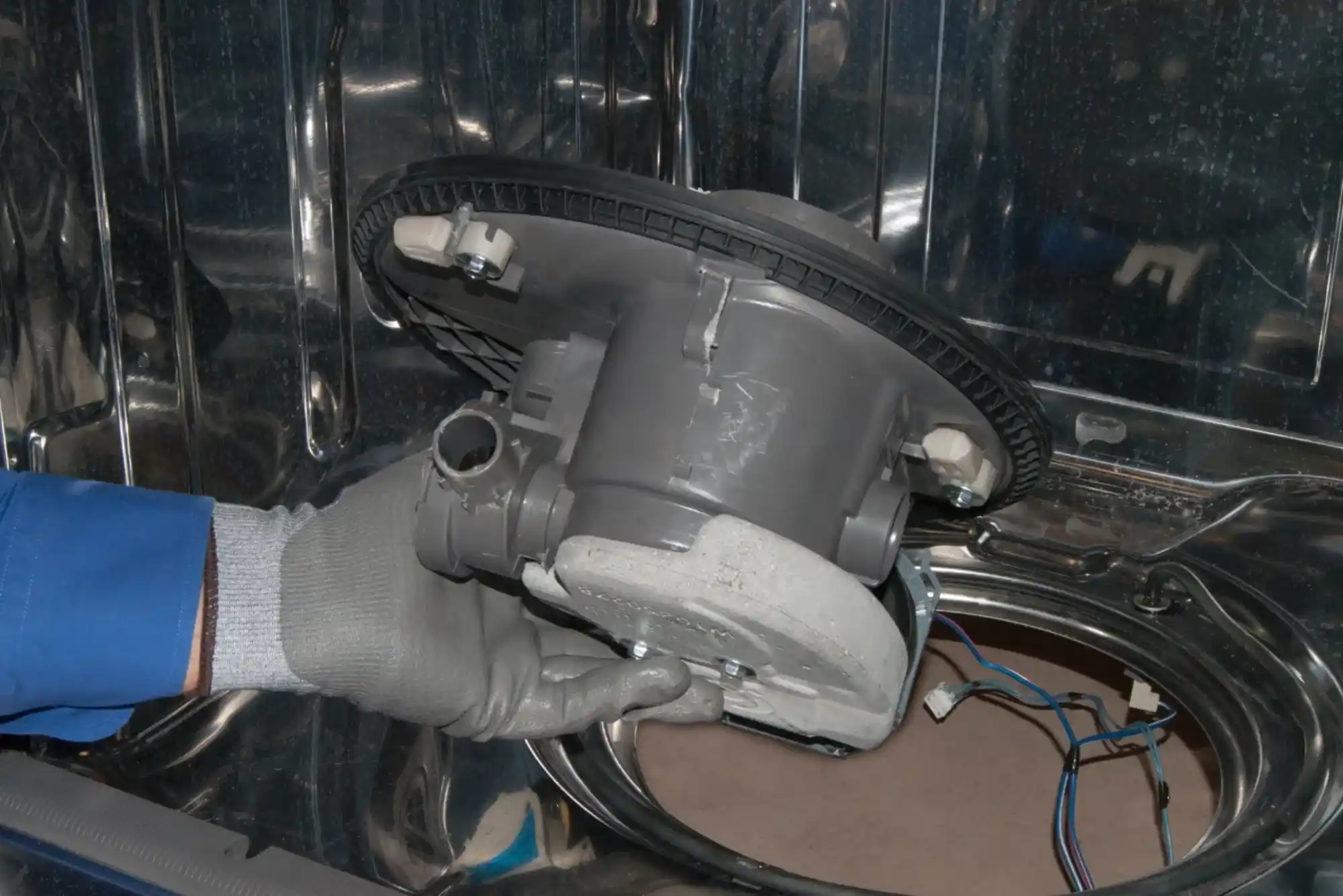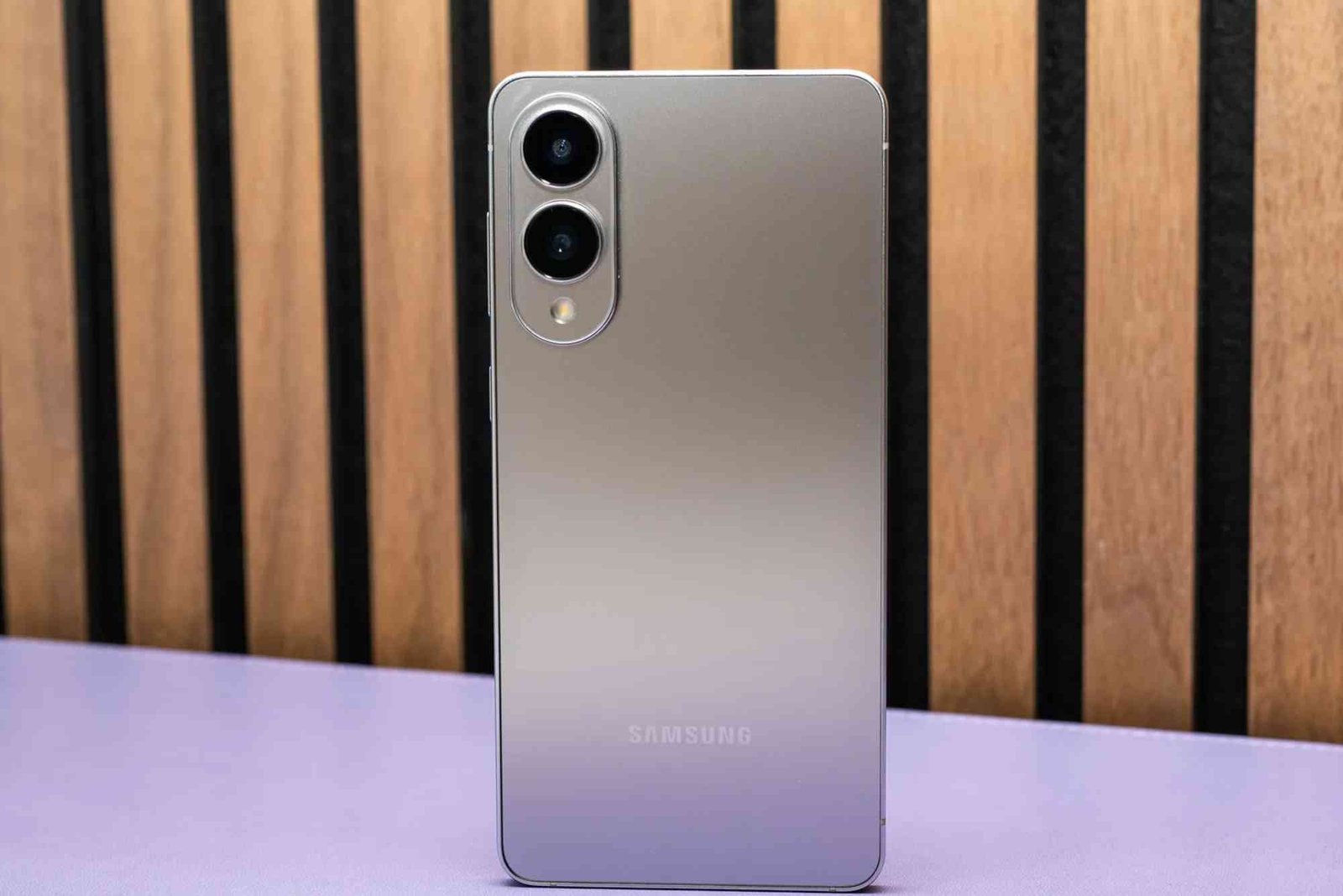As someone who’s juggled multiple projects across different teams and industries, I’ve come to appreciate just how much a project management CRM can change the game. It’s not just about tracking tasks or storing contacts anymore. In today’s fast-paced digital workspace, combining project management with customer relationship management is essential for businesses that want to grow efficiently and deliver consistent results.
If you’ve ever tried using separate tools for project tracking and customer communication, you’ve likely experienced the chaos—missed emails, out-of-sync updates, or worse, unhappy clients. That’s where a well-designed project management CRM comes in. It bridges the gap between project execution and client engagement, making sure nothing slips through the cracks.
But what features should it actually include to make a difference? Let’s dive into the key components every modern project management CRM should offer—based on real-world use and practical needs.
Unified Dashboard: A Command Center for Teams
One of the most critical features of any project management CRM is a unified dashboard. When I say unified, I mean a central hub where your team can view everything—ongoing tasks, deadlines, client communications, recent updates, and even billing information. This is the cockpit from which the entire organization can operate.
I’ve worked with systems that scatter this information across various tabs or apps, and it’s like trying to complete a puzzle without seeing the picture on the box. A unified dashboard ensures that everyone has real-time access to what matters most, reducing confusion and boosting efficiency.
Task and Workflow Automation
Automation is no longer a luxury—it’s a necessity. The best project management CRMs are equipped with tools that allow you to automate recurring tasks, set up trigger-based workflows, and minimize manual data entry. For example, when a client signs off on a proposal, the system can automatically create a project, assign tasks to the right team members, and notify them—all without lifting a finger.
In my experience, automation has been a huge time-saver and a safety net. It ensures consistency in processes and frees up time for more strategic work. A CRM that can automate reminders, task assignments, and status updates is a massive asset.
Real-Time Collaboration Tools
Project management is a team sport, and communication is the name of the game. That’s why real-time collaboration features—like file sharing, threaded conversations, and @mentions—are essential. A good project management CRM should allow everyone involved to communicate within the context of a specific task or project.
I’ve seen projects fail simply because a message was lost in an email thread or a document version was outdated. Built-in chat, comments, and document version control keep everyone aligned and reduce back-and-forth.
Client Communication and Transparency
This is where the “CRM” part of project management CRM really earns its name. Clients want visibility into how their projects are progressing. They don’t necessarily want to be involved in every detail, but they do appreciate transparency.
Some of the best CRMs I’ve used offer client portals, where stakeholders can log in to check status updates, timelines, and deliverables without disrupting the team’s internal workflow. It’s a great way to build trust and reduce the need for constant check-in emails or calls.
Time Tracking and Resource Management
Every project has a budget and a timeline. Keeping track of both is crucial, especially when managing multiple projects with shared resources. That’s why your project management CRM should include integrated time tracking and resource allocation tools.
In my consultancy work, tracking time accurately wasn’t just about billing—it helped me identify bottlenecks and assess the profitability of different project types. A good system should allow team members to log hours against specific tasks and provide managers with reports on workload distribution.
Integrated Calendar and Deadline Management
Deadlines drive productivity. That’s why an integrated calendar system within your CRM is more than just a convenience—it’s a must. Your team should be able to see who’s doing what and by when, all in one place.
This is especially important in remote or hybrid setups. Everyone is working from different places and possibly even time zones. A shared calendar helps coordinate efforts, prevent overlap, and ensure deliverables are met on time.
Customization and Scalability
Not every business manages projects the same way. What works for a digital marketing agency might not suit a construction firm. So, a good project management CRM should offer customization—custom fields, workflows, tags, and views that reflect how you work.
I’ve seen smaller teams start with a basic setup, then evolve their CRM as their processes matured. Scalability is key. You don’t want to switch tools every time your business grows. The platform should grow with you.
Reporting and Analytics
Making informed decisions requires insights, not just data. Your CRM should offer reporting tools that give you visibility into performance metrics—like project completion rates, team productivity, client satisfaction, and revenue attribution.
One project management CRM I used provided visual dashboards that made it easy to spot trends and identify underperforming projects. It helped me adjust resource allocation and pitch more realistic timelines to clients in future proposals.
Third-Party Integrations
No CRM can do everything. But it should integrate seamlessly with the tools you already use—email platforms, accounting software, communication apps like Slack or Microsoft Teams, and cloud storage systems like Google Drive or Dropbox.
A CRM that plays well with others saves you from the dreaded “toggle tax”—jumping from one app to another just to complete a single task. Integrations ensure your workflow is fluid and data flows across your tech stack.
Security and Permission Controls
Let’s not forget about security. Projects often involve sensitive client data, confidential timelines, or proprietary information. A project management CRM should include robust permission settings, user roles, and encryption features to keep data safe.
In multi-client environments, this becomes even more critical. The system must allow access control so that clients see only their own data, and internal team members have access only to what they need. It’s both a compliance issue and a matter of professionalism.
Mobile Accessibility
Work doesn’t stop just because you’re away from your desk. A responsive mobile app or at least a mobile-optimized web version of your project management CRM ensures you can stay connected on the go.
I can’t count the number of times I’ve needed to approve a task, check a deadline, or send a quick message while commuting or in between meetings. A mobile-friendly interface helps you stay agile.
CRM-Powered Sales and Onboarding
Finally, there’s the customer relationship angle. Your CRM should go beyond project management and support the full customer lifecycle—from lead generation to onboarding and account management.
For instance, having sales pipeline tracking within the same system means you can transition a lead to a project without re-entering data. It makes handoffs between departments seamless and improves the client experience. This continuity is what sets the best platforms apart.
Wrapping Up
Choosing the right project management CRM is about more than checking off a list of features. It’s about finding a platform that enhances how your team works, how you interact with clients, and how you scale operations over time.
In my experience, the best systems are the ones that offer flexibility, improve communication, and eliminate silos. Whether you’re managing ten projects or a hundred, having the right tools makes all the difference.
If you’re evaluating CRMs or thinking of switching platforms, consider how each option handles the real-world challenges your team faces every day. The features mentioned above aren’t just “nice to have”—they’re the foundation of effective project management in a digital age.
And remember, no matter how advanced a system is, its success ultimately depends on how well it supports your people and processes. Choose wisely, and your project management CRM can become your team’s most valuable asset.




